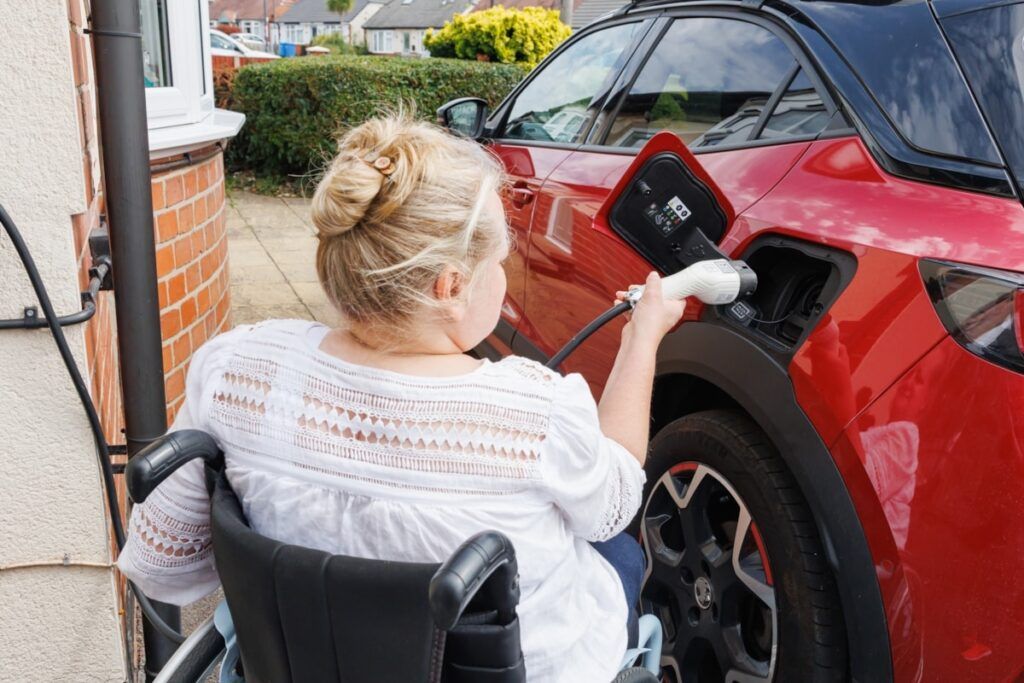Western Gateway and Peninsula Transport Sub-national Transport Bodies have jointly published an Electric Vehicle (EV) Charging Study to help local authorities plan for EV uptake and identify potential charge point sites.
The WSP-commissioned study forecasts how quickly EV uptake is expected to grow in the South West up to 2050, with additional short-term focus up to 2030. It drew evidence into a useful and simple tool to predict where, how many and what type of chargers will be required.
Across the South West region there are currently 2,408 charge points, which is forecasted to grow up to 33,600 publicly accessible charge points by 2030. These charge points would be provided by both the public and private sector, with the public sector expected to deliver up to 20,000 charge points across the South West by 2030, it said.
There is potential for additional demand during the busy summer months due to the influx of visitors to the region that will also need addressing, it added.
The data in the study has been shared with local authorities to provide an indication of where charge points should be located and what types of charger should be installed.
An interactive dashboard to provide a spatial visualisation of EV uptake and charge point demand is due to be set-up, as well as setting up a South West EV forum and developing a regional EV strategy.
Allan Creedy, STB Liaison and Partnership Lead, Western Gateway STB, said:
“Our joint EV Charging Study provides the evidence we need to determine our requirements for EV uptake in the South West. It assesses barriers to uptake including land use and grid capacity, anticipates consumer behaviour and addresses the issues specific to our region, such as tourism and seasonal changes in charging demand.
“Demand for charging is not equally distributed across our region. It is important to understand where charge points would be most beneficial and to focus investment in these areas. This important study provides an evidence base to support future EV charging across the South West, helping our local authorities within the Peninsula and Western Gateway areas inform the planning of their EV charging networks and creation of their EV strategies.”
Councillor Andrea Davis, Peninsula Transport Chairman said:
“Demand fluctuates significantly across the region as we have both urban and rural areas to consider. We also see an influx of visitors during our summer months which places extra demands on the charging network.
“This modelling will support local authorities in the planning of public charging networks, making sure chargers are best placed where drivers need them. Already, these findings have played a vital role – for example, in shaping Cornwall’s EV infrastructure strategy. This will, in turn, help to support applications for LEVI funding across the region.
“Electric vehicles, when combined with better connected public transport, and more options for people to walk and cycle easily and safely will be key to significantly reducing carbon emissions and improving air quality.”
As in previous years, Transport + Energy is offering a number of fully funded places to qualifying representatives from local authorities who are in a role which is focused on the decarbonisation of transport, including energy, infrastructure, planning and highways at its upcoming Transport + Energy Forum.
Image from Shutterstock












